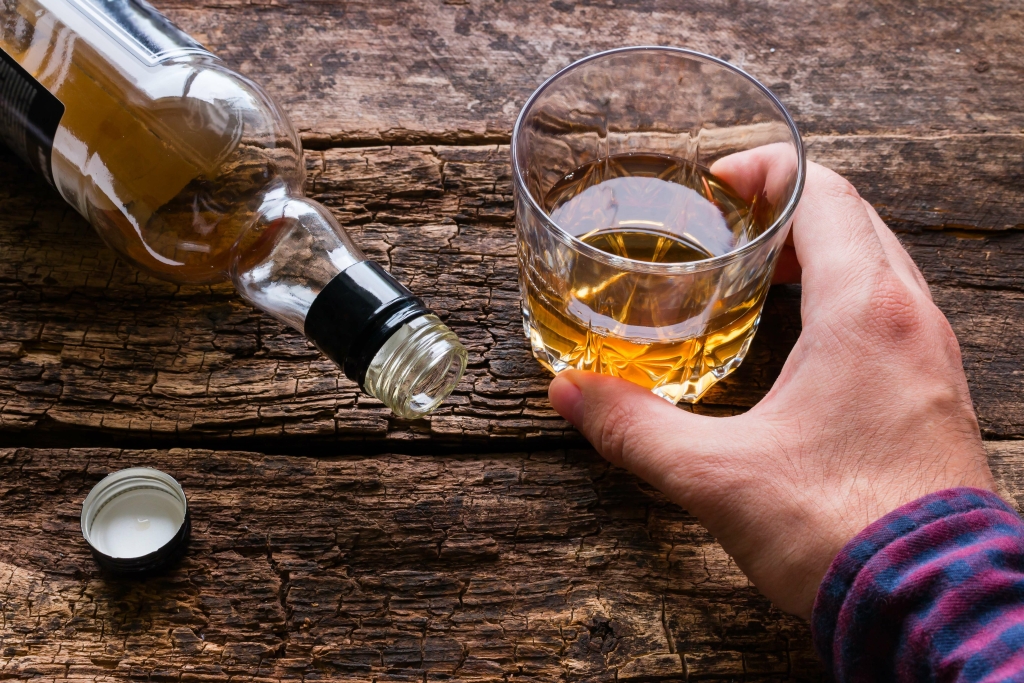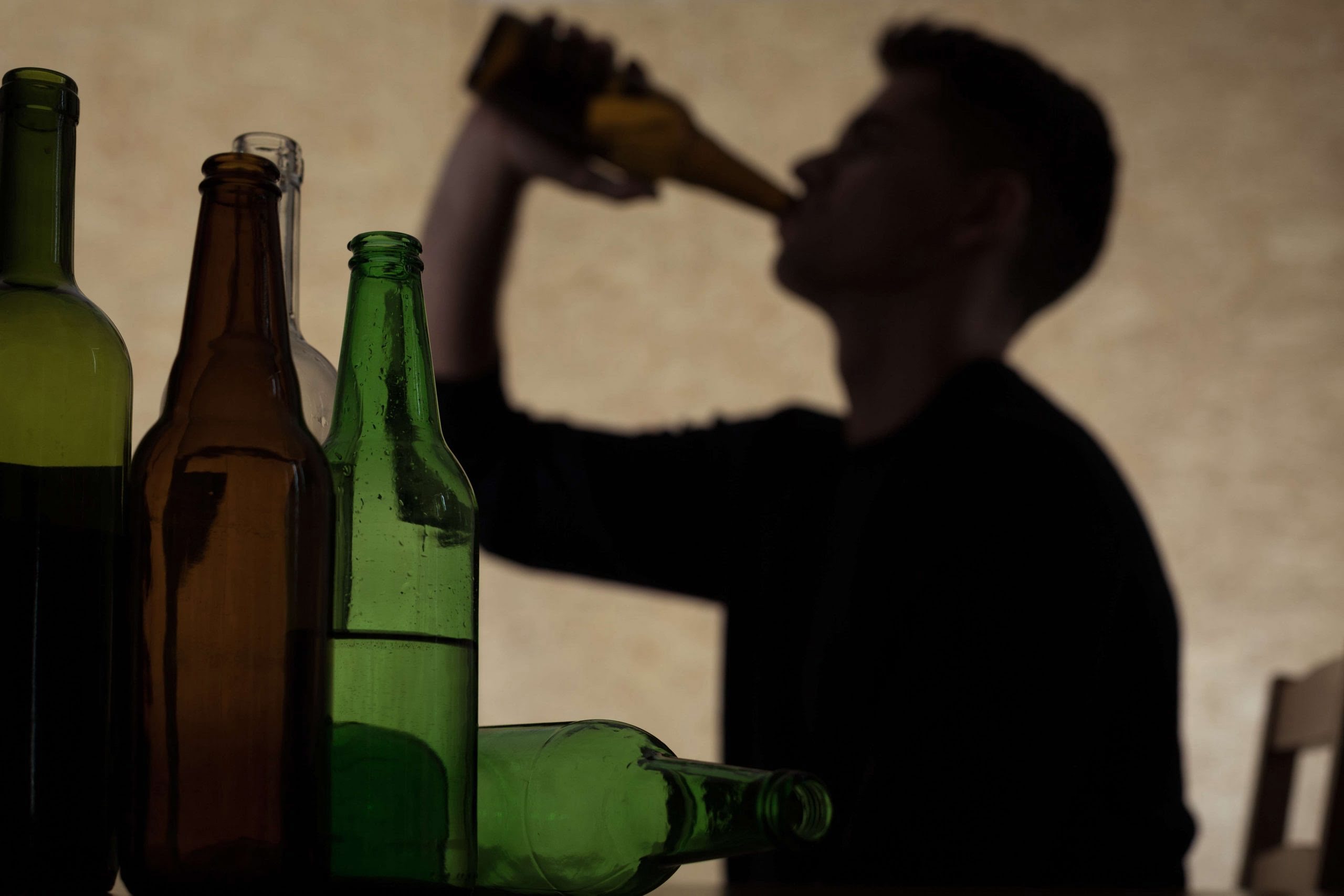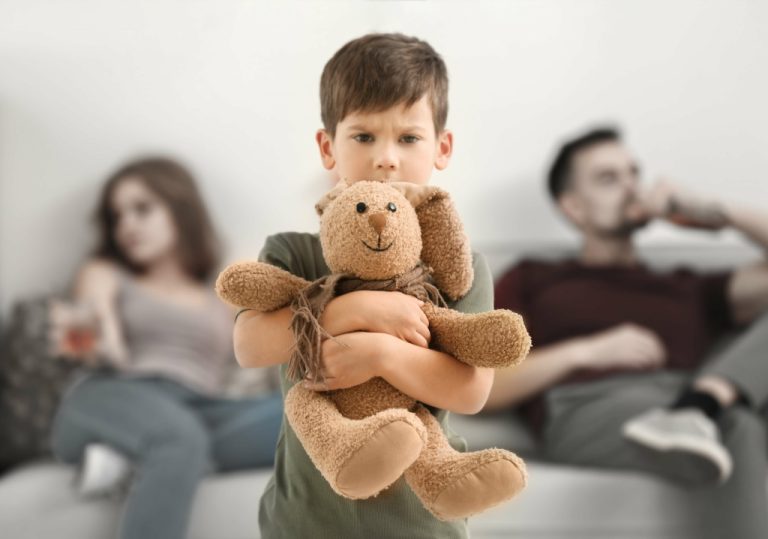First, let me share it from your side, the concerned and frustrated partner. The partners I have diagnosed with obvious drinking/drug problems were completely unwilling to hear that I was trying to “help” them, most likely because they assumed that I was trying to control them. And just between you and me (and the thousands of people https://www.ukandoo.com/millennials-and-misconceptions/ reading this), they were correct. Any advice for the best way to inspire honesty with my partner about their drinking? They have struggled with drinking for years, have had periods of sobriety, but are currently drinking again. I have noticed a recent increase in the amount they’ve been drinking, but I’m not sure exactly how much.
What Happens in an Alcohol Inpatient Rehab Center?

If you are thinking about quitting drinking, talk to your healthcare provider. Medical supervision, behavioral health treatment, and mutual-aid groups can help you through alcohol withdrawal and stay stopped. Most people don’t experience any physical symptoms from stopping drinking. But if you are a heavy drinker or alcohol dependent, going ‘cold turkey’ (suddenly drinking no alcohol at all, if you are used to drinking heavily) can cause serious alcohol withdrawal symptoms. Common alcohol withdrawal symptoms can include nausea, shaking, and sweating—which can be unpleasant or even dangerous. In order to quit drinking, you may need proper medical support to detox safely.
If you slip, return to your plan.
- By Buddy TBuddy T is a writer and founding member of the Online Al-Anon Outreach Committee with decades of experience writing about alcoholism.
- Medical supervision, behavioral health treatment, and mutual-aid groups can help you through alcohol withdrawal and stay stopped.
- If alcohol is interfering with your health or your personal, financial, or professional life, consider quitting.
- It is helpful for individuals to understand their motivations and goals behind it.
- For those who prefer nonreligious support groups, there are alcohol support groups other than AA.
Your doctor can recommend medications that can help with alcohol withdrawal symptoms and cravings during your recovery. Naltrexone is one type of medication that can help reduce alcohol cravings, making it easier for some people to stop drinking. These symptoms may start a few hours or a few days after your last drink of alcohol.
Find New Activities to Replace Alcohol
- People, places, things, and certain activities can be triggers that cause you to have an urge to drink.
- If you turn to alcohol to ease anxiety, try exercise as a healthy alternative.
- Tell your family and friends that you’re aiming to stop drinking alcohol and explain why.
- That’s why it’s common for people who use alcohol to be malnourished.
If you experience symptoms of DT, such as confusion, disorientation, hallucinations, or delusions, seek medical attention immediately. The National Institute on Drug Abuse (NIDA) suggests that 40% to 60% of people with substance use disorders experience a relapse at some point. A person may require intravenous (IV) rehydration fluids to correct any electrolyte imbalances. Some people may also need supplements such as folate, multivitamin, thiamine, and dextrose.

The key to successfully cutting down on alcohol is to find what works for you. According to Drinkaware, giving up alcohol will make you healthier – something I wanted to capitalise on with my new found free time. It can reduce your risk of developing seven types of cancer, as well as reducing the risk of liver or heart disease.
Types of Therapy: What is the Best Alcoholic Counseling?

If you look out a longer time, people who drink are six times more likely to have a cardiovascular event within a week compared to people who don’t drink. Alcohol makes it harder for your body’s immune system to make enough white blood cells to fight off germs and bacteria. People who have been drinking a lot of alcohol for a long time tend to get frequent infections http://zdoroviedetey.ru/node/6486 like pneumonia and tuberculosis because their immune system has been worn down. According to Volpicelli, the cognitive changes people can have from drinking—like memory trouble, slowed reaction time, difficulty controlling behavior, and poor concentration—get worse over time. One of the most profound ways that alcohol affects you is through what it does to your body.

- This article is designed to guide you through practical steps and supportive strategies that can assist you in your journey toward sobriety.
- In this article, we’ll talk about the health risks that come with drinking and the benefits of quitting alcohol.
- Then it lists all of the ways her poor body had gradually broken down due to her addiction.
- AddictionResource aims to present the most accurate, trustworthy, and up-to-date medical content to our readers.
What places, experiences, and emotions make it hardest to resist picking up the bottle? Come up with some strategies ahead of time that you can use in these difficult situations, so you don’t have to improvise on the spot. http://www.snowbd.ru/news/14/0/7 Millions of people join support groups to help stop drinking and stay stopped. Studies show support groups play an instrumental role in helping people develop healthy social networks that result in continued sobriety.

Avoid loneliness.
Principles include the belief that individuals are not able to solve their addiction on their own and need the help of a power greater than themselves. One of the 12 steps involves recognizing people who have been hurt by your addiction and formulating a plan to make amends. Alcoholics Anonymous (AA) is one of the most recognizable free options for people seeking to stop drinking. In addition to healthy lifestyle changes, group meetings focus on developing the motivation to change. Members learn how beliefs keep them stuck and emotions trigger them to use alcohol or substances.


